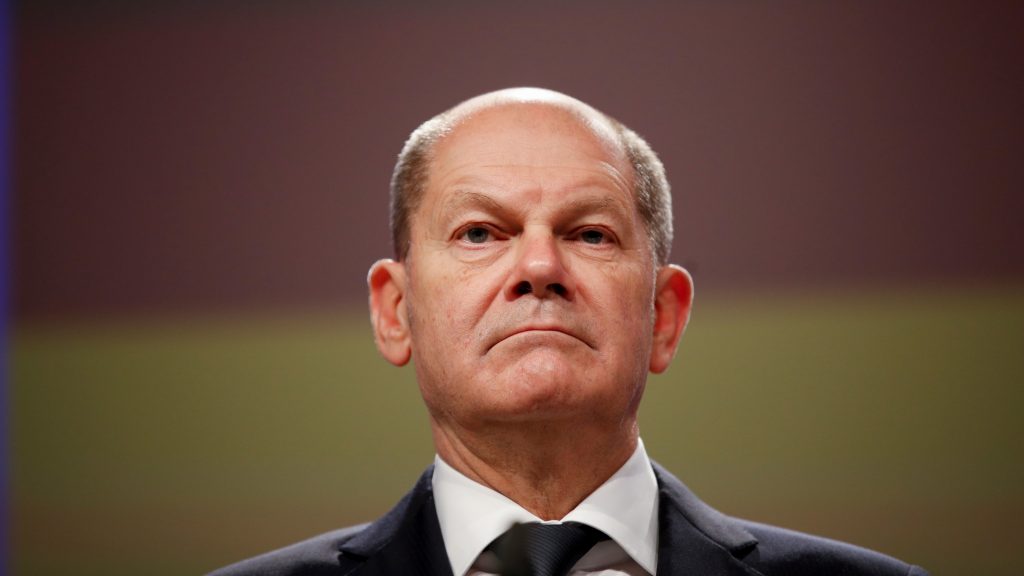
Scholz commits to faster deportations. News. German Chancellor Olaf Scholz has stated that irregular migration to Germany “must decrease” after a Syrian man, who came to the country as an asylum seeker, was charged with killing three people in Solingen last week. Scholz described the incident as “terrorism against us all” during his visit to Solingen on Monday.
He emphasized that the government will do everything possible to ensure that those who cannot stay in Germany are repatriated and deported. If necessary, deportations will be expedited. Scholz also vowed to tighten gun ownership laws quickly.
Read also: EU confirms start date for new Entry/Exit System in 2024
The tragedy has intensified the ongoing debate about migration in Germany. The suspect, identified as 26-year-old Issa Al H., is believed to have connections to the terror group Islamic State. His asylum application was rejected, and he was set to be deported to Bulgaria, but authorities couldn’t find him, allowing him to stay in Germany.
Following the attack, conservative opposition leader Friedrich Merz called for an end to accepting refugees from Syria and Afghanistan, along with stricter border controls. Meanwhile, Alice Weidel, leader of the far-right AfD party, has gone further, advocating for a complete halt to all migration.
Experts argue that such proposals are impractical and conflict with German and EU laws. Scholz’s party remains committed to helping those fleeing persecution but has pledged to deport those who commit serious crimes or whose asylum applications are denied.
Read also: Lufthansa Ends Free Service, Passengers Will Now Be Charged
This incident comes at a time when Germany is dealing with the challenges of accommodating large numbers of refugees. Although Germany has seen a decrease in refugee numbers this year, it continues to receive hundreds of thousands of asylum seekers annually. The attack in Solingen may have significant political implications, particularly with upcoming regional elections in Saxony and Thuringia, where the AfD is expected to perform well. The party has already incorporated the attack into its campaign.
